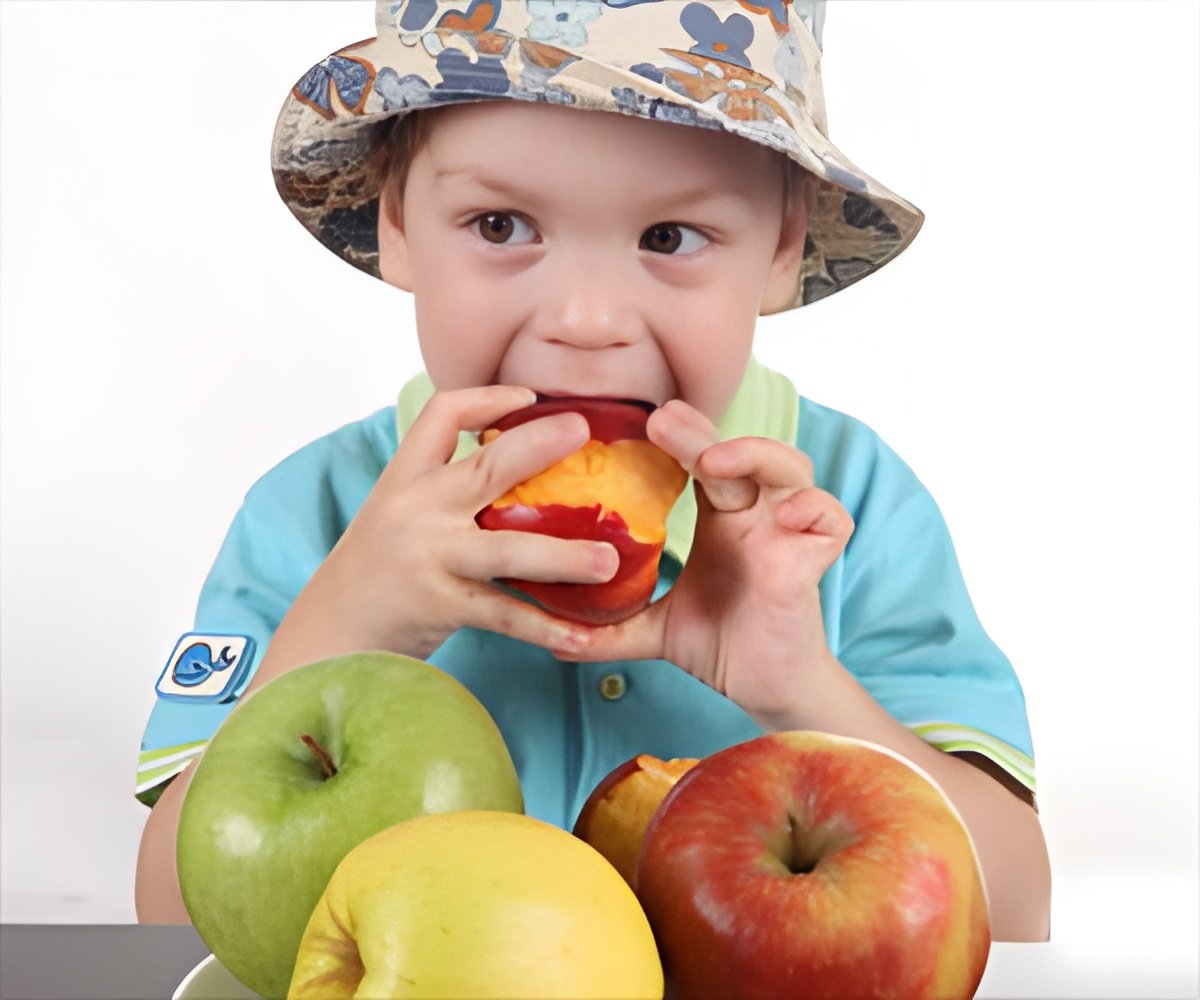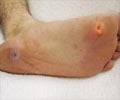Study suggests electronic survey has strong potential to help parents make healthy lifestyle changes for their children.

TOP INSIGHT
An innovative new e-tool not only lifts the blinders for parents of children with excess weight, it offers them much-needed and welcomed support.
The e-tool is a 15-minute electronic survey that includes a screen of children's weight status, one of four health interventions (on either diet or activity) and a menu of online resources and community services.
For a recent study, Ball and his team enrolled 226 parents who clambered to fill out the electronic survey while waiting with their children to see a pediatrician.
"The effect is simple, but can be powerful," said Ball. "The e-tool asks questions about parents' perceptions of their child's diet and activity habits that are contrasted with Health Canada recommendations."
The vast majority of parents spoke to their pediatrician about their child's weight after using the e-tool, and 85 percent of them asked for resources that were offered, including handouts on obesity prevention such as sleep, snacking and body image.
"Based on a follow-up survey, almost half of parents said they used the resources they selected," said Jillian Byrne, a medical researcher at the U of A. "There's really strong evidence that this e-tool has the potential to encourage parents of children with excess weight to make healthy lifestyle changes."
Lebel had been trying for years to watch what the boys ate and monitor their activity levels, without any lasting results.
"I figured we must not be doing as much right as we needed to. The tool gave us lots of useful resources. I helped the boys reduce screen time and eat healthier snacks."
Lebel's doctor also referred her boys to the program at the Pediatric Centre for Weight and Health.
"It's such a struggle all the time," she added. "I find it incredibly hard to keep the boys in activities and eating right. Kids are different from adults because you can't get them to deprive themselves. That's why getting outside help like this keeps us focused."
Ball added that his study, which was published in Pediatric Obesity, shows that e-tools like this could be used in numerous ways to provide practical health information to a large number of people in different settings at times when they might be most receptive to receiving such information, not unlike the do-it-yourself blood pressure testing units at most pharmacies.
Source-Eurekalert
 MEDINDIA
MEDINDIA




 Email
Email





